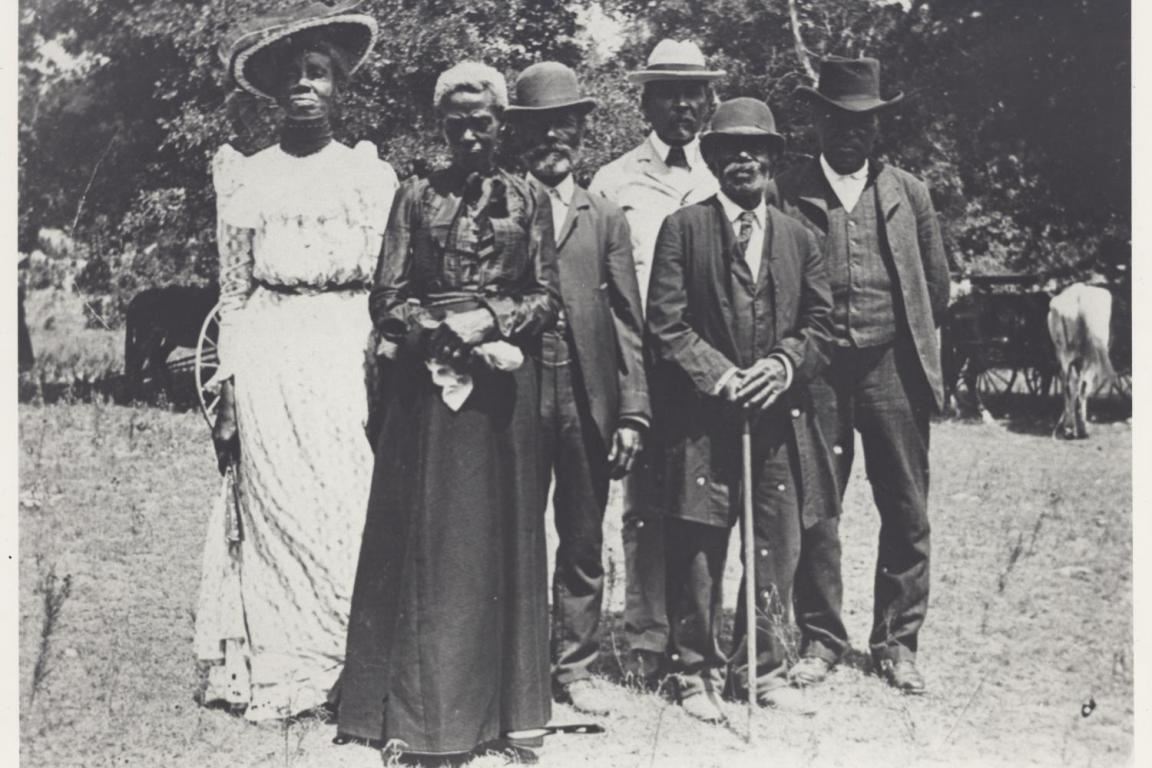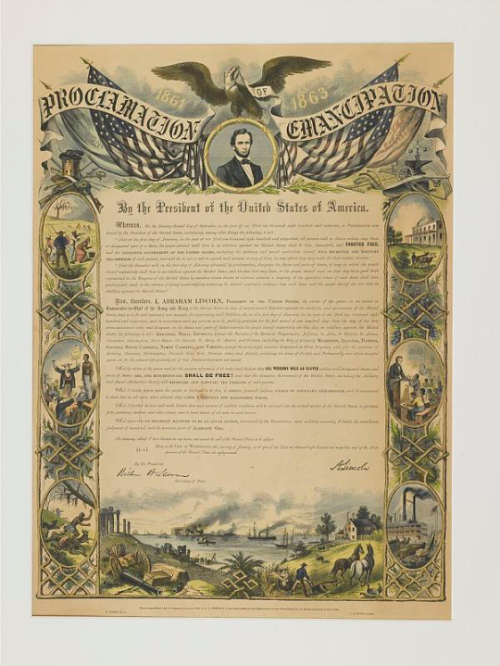Curriculum and Instruction
Page Navigation
Juneteenth
-
Juneteenth is an occasion that encourages the whole family to commemorate and contemplate. It can be difficult for younger children to comprehend the abstract notion of freedom and the daunting history of slavery. The Smyrna School District's DEI Committee has suggested the following resources to help children both understand and celebrate Juneteenth.
About Juneteenth
-
The Emancipation Proclamation was an executive order issued by US President Abraham Lincoln on January 1, 1863. Its main purpose was to free slaves in the Confederate states during the American Civil War. On "Freedom's Eve", the night before January 1, 1863, African Americans who were enslaved and free alike convened in churches and homes across the nation, awaiting news that the Emancipation Proclamation had gone into effect. At midnight, all enslaved persons in the Confederate States were freed. Black and white Union soldiers made their rounds to plantations and cities in the South with small copies of the Emancipation Proclamation to let people know they were liberated. Slavery in the US was only abolished after the Thirteenth Amendment was passed.
Although the Emancipation Proclamation was made effective in 1863, it was not able to be enforced in territories still under Confederate rule. As a result, enslaved people in the westernmost Confederate state of Texas would not have their freedom until much later. On June 19, 1865, US Brigadier General Gordon Granger and 2,000 Union soldiers touched down at Galveston, Texas to communicate that the Civil War had ended, meaning enslaved African Americans were now free. Before Granger’s arrival, the US military in Texas was too feeble to execute President Lincoln’s 1863 Emancipation Proclamation. Over 250,000 enslaved African Americans were freed. This was officially known as "Juneteenth" by the newly liberated people of Texas. The Thirteenth Amendment was ratified on December 6, 1865, eight months after the end of the Civil War. It was a significant victory for the anti-slavery movement as it permanently ended the institution of slavery in America. The Amendment states that "Neither slavery nor involuntary servitude, except as a punishment for crime whereof the party shall have been duly convicted, shall exist within the United States, or any place subject to their jurisdiction."
Juneteenth is now recognized as an official holiday or observance in many US states, and is celebrated as a time for African Americans to reflect on their history and the struggle for freedom. It is also a time for people of all races to come together and celebrate the end of slavery, and to work towards a more just and equal society.
What is Juneteenth?
-

Emancipation Day celebration, June 19, 1900, held in "East Woods" on East 24th Street in Austin. Credit: Austin History Center and the National Museum of African American History and Culture

Publishers throughout the North responded to a demand for copies of Lincoln's proclamation and produced numerous decorative versions, including this engraving by R. A. Dimmick in 1864.
National Museum of American History, gift of Ralph E. Becker
Sources
-
The historical legacy of Juneteenth. National Museum of African American History and Culture. (2022, June 7). Retrieved April 4, 2023, from https://nmaahc.si.edu/explore/stories/historical-legacy-juneteenth
U.S. Department of the Interior. (n.d.). Juneteenth: A celebration of freedom (U.S. National Park Service). National Parks Service. Retrieved April 4, 2023, from https://www.nps.gov/articles/juneteenth-origins.htm
Matheson, D. (n.d.). Galveston in the Civil War. East Texas History. Retrieved April 4, 2023, from https://easttexashistory.org/items/show/160
National Archives and Records Administration. (n.d.). The emancipation proclamation. National Archives and Records Administration. Retrieved April 4, 2023, from https://www.archives.gov/exhibits/featured-documents/emancipation-proclamation
Reading List
-
Please click the links below to find recommendations from credible sources!
Resources
-
- Emancipation Proclamation
- Thirteenth Amendment
- Juneteenth
- Smyrna Center for Diversity
- The National Museum of African American History & Culture
- What is Juneteenth - The Root (Black News and Black Views)
Watch
- This is Why Juneteenth Is Important for America
- Historian Dr. Shennette Garrett-Scott lectures on the history of Juneteenth
- The Racial Wealth Gap - Senator Corey Booker and others
- Black-ish Juneteenth
- How to Talk to Kids About Race
- Coming Together: Standing up to Racism Town Hall - Sesame Street and CNN

